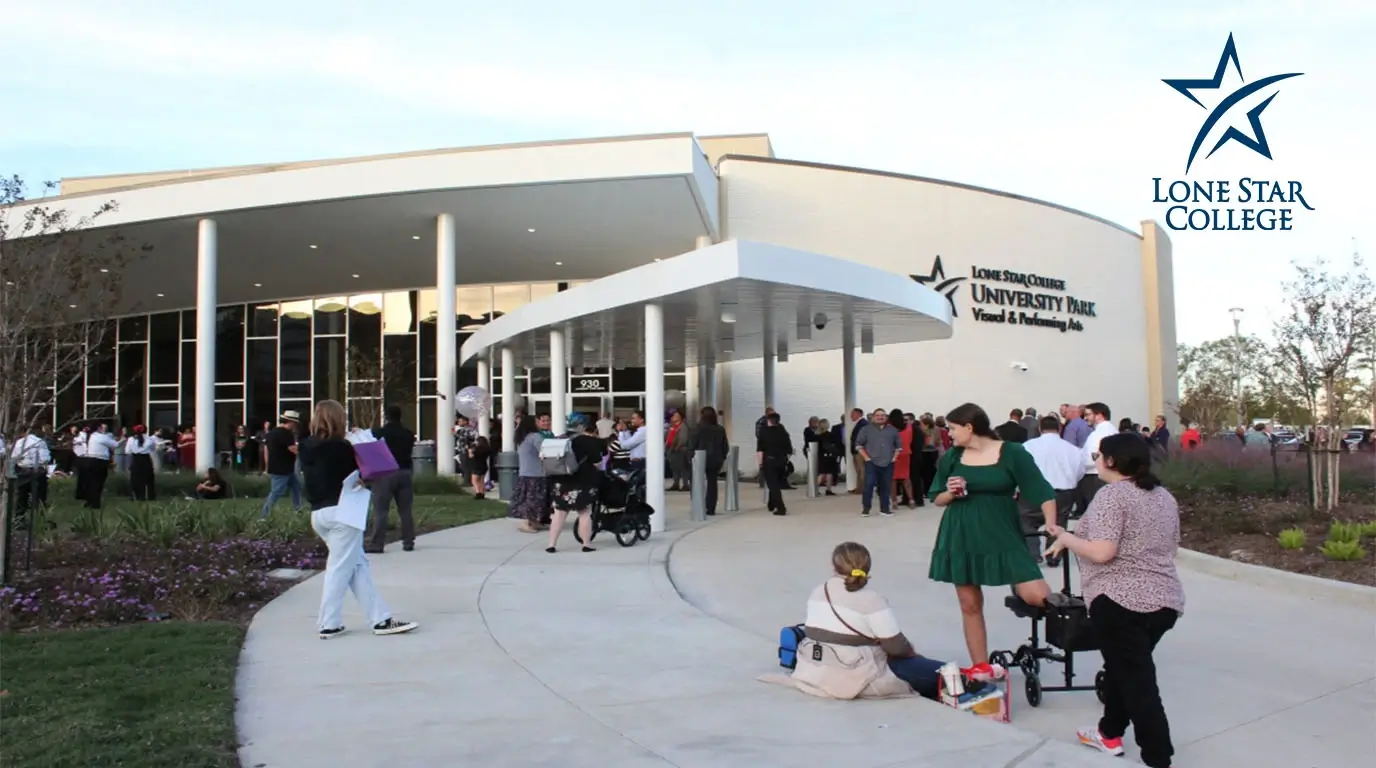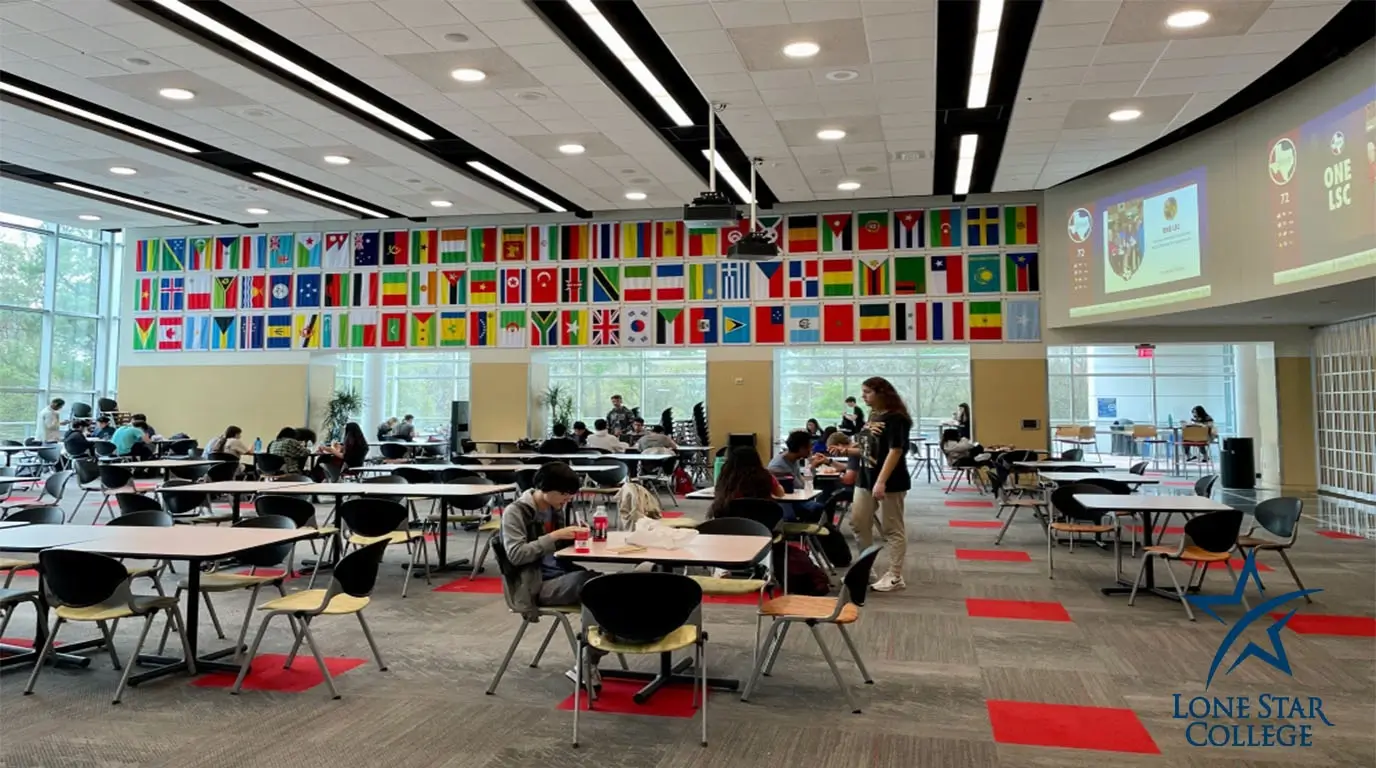The Lone Star College paralegal program stands out for its affordability and ABA-approved status, a gold standard that signals quality to employers. Offered at LSC-North Harris and, starting Spring 2025, LSC-University Park, it’s designed to prepare you for the fast-paced legal world through practical training and a diverse curriculum. With a reputation for producing job-ready graduates and a focus on ethical practice, this program is a great option for anyone looking to assist attorneys in law firms, corporations, or government agencies. Plus, its connection to NALA’s Certified Paralegal (CP) certification opens doors to further credentials.
Table of Contents
Lone Star College Paralegal Program Overview

The Lone Star College paralegal program has been a cornerstone at LSC-North Harris since the 1970s, with expansion to LSC-University Park in 2025. Housed within the Social Sciences and Humanities Division, it’s led by Program Director Marcy Delesandri, a seasoned educator with deep ties to Houston’s legal community. The program’s mission is clear: equip students with the technical skills and ethical grounding to excel as paralegals. Its philosophy emphasizes practical knowledge, adaptability, and professionalism, ensuring graduates can handle everything from legal research to client interviews under attorney supervision.
Lone Star College Paralegal Program Curriculum Details
The Lone Star College paralegal program offers two paths: a 62-credit Associate of Applied Science (AAS) degree and a 35-36-credit Advanced Technical Certificate (ATC) for those with a prior degree. Core courses include LGLA 1307 (Introduction to Law), LGLA 1345 (Civil Litigation), and LGLA 2303 (Torts and Personal Injury Law), blending theory with hands-on skills like drafting legal documents and conducting research.
Unique offerings include courses on Texas-specific legal procedures, which aren’t always found elsewhere. The AAS takes about two years, while the ATC spans nine months. At least nine credits of legal specialty courses require synchronous instruction, ensuring you get face-to-face practice. There are no formal specialization tracks, but electives let you focus on areas like family law or real estate.
Admission Requirements
To join the Lone Star College paralegal program, you need a high school diploma or GED for the AAS. The ATC requires an associate or bachelor’s degree. Lone Star’s open-enrollment policy makes it accessible, but you’ll need to complete the ApplyTexas application, submit transcripts, and meet Texas Success Initiative (TSI) requirements unless exempt. Bacterial meningitis vaccination is mandatory for on-campus classes. Applications are accepted year-round, with no strict deadlines, but early submission ensures better course availability. Check the Lone Star College admissions page for details.
Program Formats & Schedule
The Lone Star College paralegal program is flexible, offering full-time and part-time options. Classes are available during the day, evening, and occasionally on Saturdays, with online, hybrid, and in-person formats. The AAS typically takes two years, while the ATC can be completed in nine months. Four legal specialty courses (like LGLA 1307) must be taken in-person, but others can be online. Start dates align with fall, spring, and summer semesters. This setup works well if you’re balancing a job or family, as I did when I started out.
Faculty Spotlight

The faculty at the Lone Star College paralegal program brings real-world experience to the classroom. Marcy Delesandri, the program director, has decades of legal and teaching expertise. Many instructors are practicing attorneys or veteran paralegals, offering insights from law firms and corporate settings. Their industry connections help with networking and internships. The student-to-faculty ratio is low, around 15:1, so you’ll get personalized attention—something I found invaluable when learning complex legal concepts.
Facilities & Resources
Students in the Lone Star College paralegal program have access to robust resources. The LSC-North Harris library offers legal databases like Westlaw, critical for research practice. LSC-University Park’s new on-campus courtroom, launching in 2025, is a game-changer, letting you hone skills in mock trials. Both campuses provide academic advising and career services tailored to paralegal students. These facilities replicate real legal environments, which helped me feel confident stepping into my first law office job.
Internship & Field Experience
Internships are a cornerstone of the Lone Star College paralegal program. The program partners with Houston-area law firms, corporations, and government agencies to place students in real-world settings. You’ll work under attorneys, drafting documents or assisting with case prep. The career services team helps arrange placements, and past students have landed roles at top firms. These experiences are critical—my internship taught me how to manage deadlines and communicate with clients, skills no classroom can fully replicate.
Career Outcomes
Graduates of the Lone Star College paralegal program enjoy strong prospects in the job market for paralegals. According to The Bureau of Labor Statistics, paralegal jobs are projected to grow 12% from 2020-2030. LSC alumni work in law firms, corporate legal departments, and government offices, with starting salaries averaging $45,000-$55,000 in Houston, per industry data. The program’s career services offer resume workshops and job fairs, ensuring you’re ready to compete.
Lone Star College Paralegal Program Tuition & Financial Information
The Lone Star College paralegal program is budget-friendly. The AAS costs about $2,728 for in-district students, while the ATC runs $1,584—far less than proprietary schools. Financial aid, including Pell Grants and work-study, is available, and LSC offers payment plans. Program-specific scholarships, like those from the Houston Metropolitan Paralegal Association, can offset costs. Always consult a financial advisor for loan decisions, but LSC’s low tuition kept me debt-free early in my career.
Student Success Stories
Valerie Rucker, a graduate of the Lone Star College paralegal program, is now a paralegal supervisor at Citgo Petroleum and president of the Houston Metropolitan Paralegal Association. She credits the program’s flexibility and networking for her success. Another alum, Maria Gomez, landed a role at a top Houston law firm within months of graduating, thanks to her internship. These stories show how LSC prepares you for real-world challenges, just as it did for me when I started.
Lone Star College Paralegal Program: How to Apply

Applying to the Lone Star College paralegal program is straightforward. Complete the ApplyTexas application, submit transcripts, and meet TSI requirements. New students must attend orientation via myLoneStar.edu. For help, contact [email protected] or visit Lone Star College’s admissions page. After applying, register for classes through the myLoneStar portal. The process is simple, but advisors are there if you hit snags.
Contact Information
For more on the Lone Star College paralegal program, reach out to Marcy Delesandri at 281.618.5735 or [email protected]. LSC-University Park’s advising team is at 281.618.5587 or [email protected]. Visit LSC-North Harris at 2700 W.W. Thorne Drive, Houston, or LSC-University Park at 20515 SH249, Houston. Request info at LoneStar.edu.

